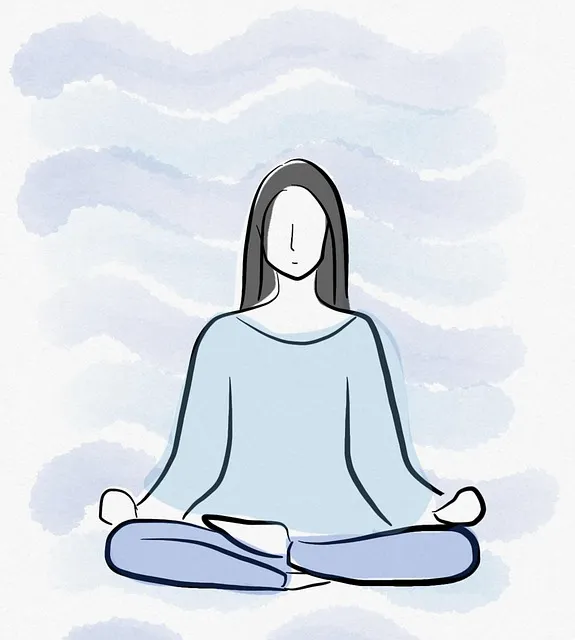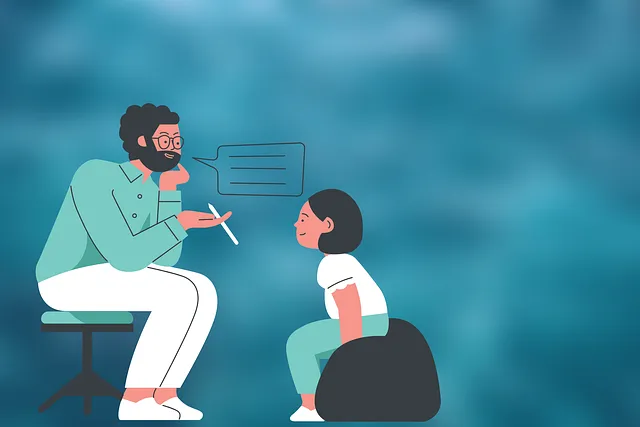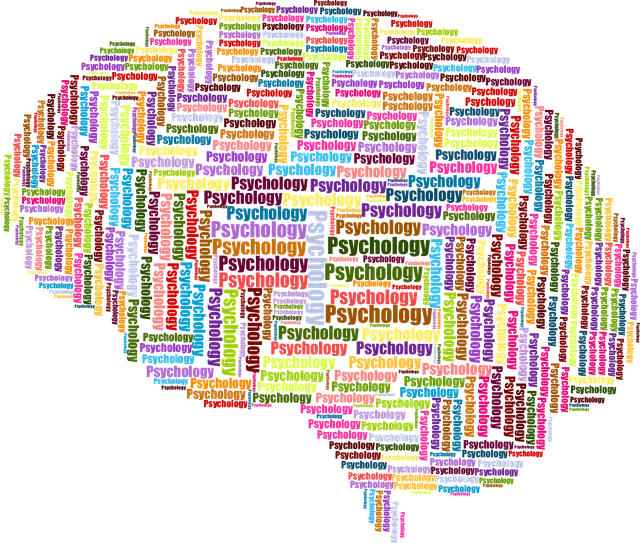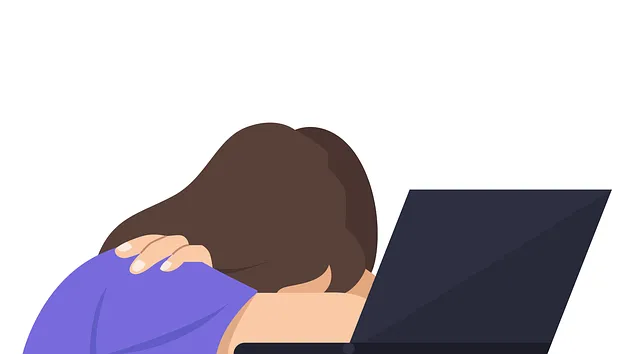Anxiety, triggered by life events and health concerns, causes physical and mental symptoms. Recognize triggers and adopt coping strategies like CBT, mindfulness meditation, and deep breathing for management. Castle Rock Kaiser Permanente mental health center by owner offers CBT, stress management workshops, and holistic wellness programs including exercise, diet, and sleep to reduce anxiety and improve mental health. Mindfulness practices enhance emotional intelligence, cultivating healthier relationships and increased self-worth.
At the Castle Rock Kaiser Permanente mental health center, we recognize that anxiety is a pervasive and complex condition. This article explores effective management techniques to empower individuals in overcoming their anxiety. We delve into understanding anxiety’s triggers and symptoms, offering insights for identification. Cognitive Behavioral Therapy (CBT) emerges as a robust tool, helping individuals challenge negative thought patterns. Additionally, mindfulness and meditation practices foster calmness amidst chaos. Lifestyle changes, tailored through daily routines, play a pivotal role in nurturing mental well-being.
- Understanding Anxiety: Unraveling Common Triggers and Symptoms
- Cognitive Behavioral Therapy: A Powerful Tool for Overcoming Anxiety
- Mindfulness and Meditation: Finding Calm in a Chaotic World
- Lifestyle Changes: Nurturing Mental Well-being Through Daily Routines
Understanding Anxiety: Unraveling Common Triggers and Symptoms

Anxiety is a complex emotion that can significantly impact daily life. Understanding its triggers and symptoms is the first step in managing it effectively. Common factors that often contribute to anxiety include stressful life events, such as financial worries, relationship issues, or major changes at work. Health-related concerns, like chronic illnesses or even excessive exercise, can also trigger anxiety. Symptoms manifest physically and mentally; individuals may experience rapid heartbeat, sweating, trembling, difficulty concentrating, restlessness, or a sense of impending doom. Recognizing these signs is crucial for those seeking support from Castle Rock Kaiser Permanente mental health center by owner.
The journey to managing anxiety involves identifying personal triggers and adopting strategies to cope. Techniques like mindfulness meditation, deep breathing exercises, and cognitive-behavioral therapy (CBT) are widely recognized as effective tools. Stress Management Workshops Organization often recommend these practices for promoting mental wellness. Additionally, conflict resolution techniques can help navigate challenging situations that contribute to anxiety. By learning to recognize and manage triggers, individuals can take proactive steps towards a calmer and more balanced life, enhancing their overall mental health.
Cognitive Behavioral Therapy: A Powerful Tool for Overcoming Anxiety

Cognitive Behavioral Therapy (CBT) is a highly effective tool for managing and overcoming anxiety disorders, making it a core service at Castle Rock Kaiser Permanente mental health center by owner. CBT focuses on identifying and modifying negative thought patterns and behaviors that contribute to anxiety. By challenging these thoughts and replacing them with more positive and realistic ones, individuals can learn to manage their anxiety symptoms more effectively. This therapeutic approach not only helps patients understand the connection between their thoughts, feelings, and behaviors but also equips them with practical strategies for coping with anxious situations.
The power of CBT lies in its ability to empower individuals to take control of their mental health. Through a structured process, patients learn to recognize triggers, develop healthier coping mechanisms, and cultivate positive thinking habits. This not only improves their overall mental wellness but also aligns with the broader goals of Mental Health Policy Analysis and Advocacy, fostering an environment where evidence-based practices like CBT are accessible and widely recognized as essential components of effective mental health care. Additionally, the integration of Mental Wellness Coaching Programs Development within CBT treatments can further enhance outcomes by providing personalized support and accountability.
Mindfulness and Meditation: Finding Calm in a Chaotic World

In today’s fast-paced world, finding moments of calm can seem like a challenge. This is where mindfulness and meditation step in as powerful tools for managing anxiety. The Castle Rock Kaiser Permanente mental health center by owner emphasizes the importance of these practices, rooted in ancient principles but tailored to modern life through evidence-based approaches. By focusing on the present moment and cultivating non-judgmental awareness, individuals can develop a deeper connection with their thoughts and emotions, allowing them to navigate stress and anxiety more effectively.
The Mind Over Matter Principles, as promoted by the mental health center, encourages individuals to engage in regular meditation practice. This can be as simple as dedicating 10 minutes each day to sitting quietly and observing one’s breath. Through consistent practice, participants in Stress Management Workshops Organization have reported significant improvements in their ability to manage stress and anxiety. Moreover, risk assessment for mental health professionals highlights the importance of self-care and resilience-building techniques like mindfulness, ensuring that those who support others’ mental health are equipped with robust tools to maintain their own well-being.
Lifestyle Changes: Nurturing Mental Well-being Through Daily Routines

At the Castle Rock Kaiser Permanente mental health center by owner, we believe that fostering mental well-being involves a holistic approach—and a significant part of this is incorporating lifestyle changes into your daily routines. Engaging in regular physical activity, adopting a balanced diet, and prioritizing quality sleep are not just beneficial for your body; they also play a pivotal role in anxiety management. These practices help regulate emotions, boost mood, and enhance overall resilience against stress.
Mental Health Awareness and Emotional Intelligence go hand in hand with these lifestyle changes. Establishing consistent routines that support mental health can significantly contribute to Anxiety Relief. By cultivating mindfulness through activities like meditation or journaling, individuals can develop better emotional intelligence—the ability to recognize and manage one’s own emotions as well as understand the emotions of others. This, in turn, fosters healthier relationships and a stronger sense of self-worth, further bolstering an individual’s mental fortitude against anxiety.
At the Castle Rock Kaiser Permanente mental health center, we believe that managing anxiety is a multifaceted journey. By understanding triggers, exploring evidence-based therapies like Cognitive Behavioral Therapy and adopting mindfulness practices, individuals can take control of their well-being. Additionally, lifestyle adjustments play a pivotal role in fostering resilience against anxiety. With dedication and the right tools, one can navigate life’s challenges with greater ease and peace of mind, transforming anxiety from a burden into a manageable aspect of daily living.






